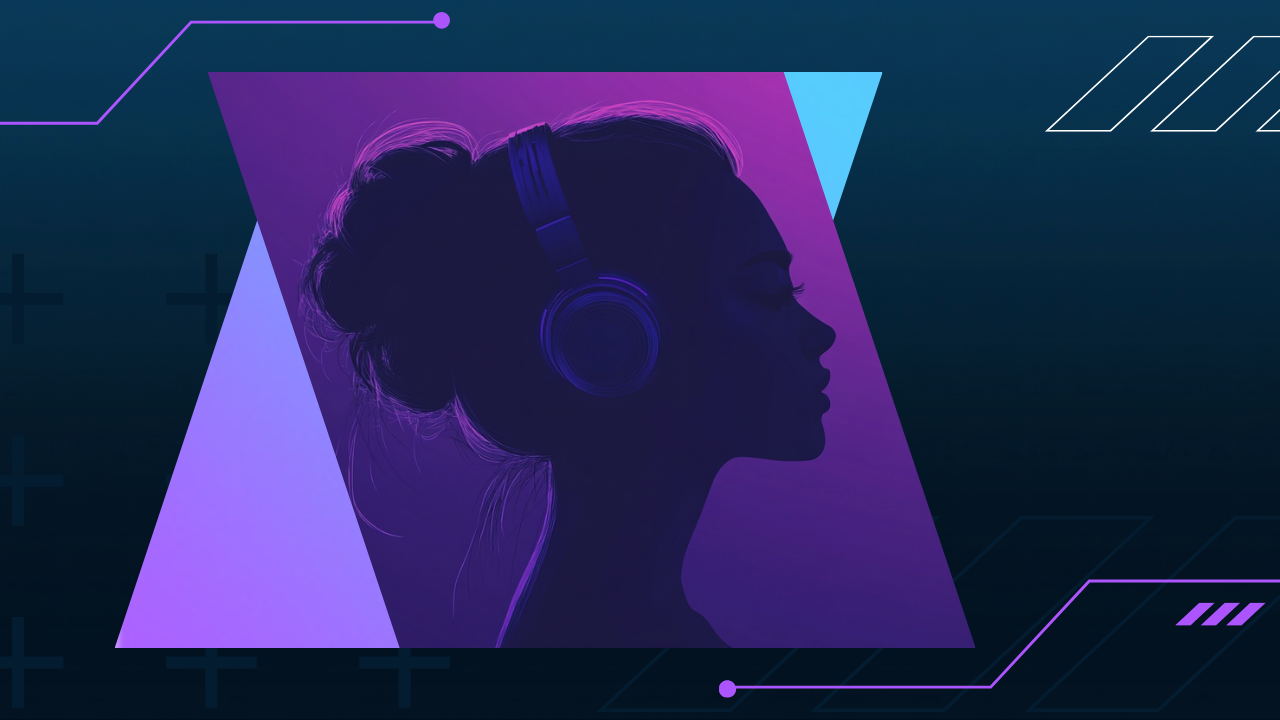Depression Treatment: New Study Reveals Music’s Impact
A recent study has brought to light some possibilities about how music can be used to help people who suffer from depression, especially those who do not respond well to traditional treatments like medication or therapy.
How Music Affects the Brain
It’s well-known that music can change how we feel by influencing our brain activity. But until now, scientists weren’t exactly sure how this worked, especially in people with depression. This new study, published in Cell Reports on Friday, August 9, looked at how the brains of 23 patients with treatment-resistant depression (TRD) reacted to music.
Photo Credit: Cell Reports
The researchers discovered something fascinating: when these patients listened to music, the part of the brain that processes sounds (the auditory cortex) started to sync up with the brain’s reward system, which deals with emotions. In simpler terms, what the patients heard in the music was closely linked to how they felt emotionally. This syncing process suggests that music can influence brain activity in a way that might help lift their mood.
In this study, researchers took an innovative approach by monitoring brain signals with electroencephalograms (EEGs) while participants listened to Western classical music. What makes this study particularly intriguing is the selection of music. The researchers chose pieces by Beethoven, Tchaikovsky, Bach, Mozart, and Vivaldi—not just because of their universal appeal, but because the participants were mostly unfamiliar with these compositions. This unfamiliarity was intentional, aiming to reduce the influence of subjective familiarity on the brain's responses.
Why the Type of Music Matters Less Than Whether You Like It
One of the most interesting findings from the study was that it didn’t matter whether the music was happy or sad. What really made a difference was whether the patient enjoyed the music. Those who listened to music they liked showed a stronger connection between brain regions and experienced more relief from their depressive symptoms.
This means that personalized music therapy, where the music is chosen based on the patient’s personal taste, could be more effective than using the same music for everyone. It highlights the importance of tailoring music therapy to individual preferences to get the best results.
Looking Ahead: Practical Uses of Music Therapy
The researchers believe that their findings could lead to new ways of treating depression, especially for those who don’t respond to other treatments. They are already thinking about creating tools like smartphone apps or wearable devices that can recommend music based on a person’s mood and track how it affects them in real-time. These tools could offer people an easy way to use music to help manage their emotions and improve their mood in everyday life.
The Ongoing Debate About Music Therapy
Even though these findings are promising, music therapy as a treatment for depression is still debated. Some experts argue that more research is needed to prove its effectiveness. For example, a report from Spain’s Ministries of Health in 2022 expressed doubts about music therapy, citing concerns over the reliability of existing studies.
However, supporters of music therapy believe that this new study adds to the growing evidence that music can play a helpful role in treating depression. They argue that while music therapy may not replace traditional treatments, it can be a valuable addition to a comprehensive treatment plan.
Conclusion
This study gives us a better understanding of how music affects the brain and offers hope for new ways to treat depression. By showing that music can help improve mood by syncing up certain parts of the brain, especially when the music is personally enjoyable, it opens up new possibilities for personalized music therapy. While more research is needed, these findings are an important step toward making music therapy a practical and effective tool for those struggling with depression.
Sources
Let’s Collaborate!
Need help building the tone for your production? Hit us up – the Rareform Audio team would love to help you create the perfect soundtrack that speaks to your audience and enhances the power of your visual storytelling to new heights!
Rareform Highlights






































